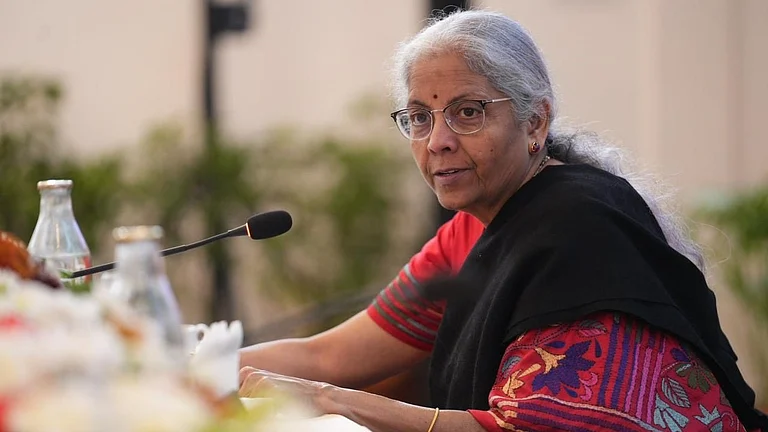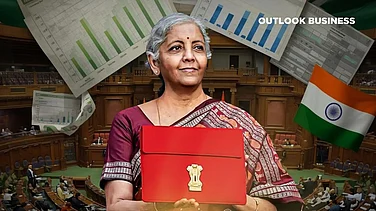The Union Budget 2024 will be presented by Finance Minister Nirmala Sitharaman on July 23. To mark the final stage of budget preparation, Sitharaman attended the Halwa ceremony yesterday. The ceremony is performed before the lock-in process of officials involved in the budget.
The ed-tech sector has several expectations from the upcoming budget that include reduced GST, enhanced digital infrastructure, and more.
Prateek Maheshwari, co-founder of PhysicsWallah and chair of the India EdTech Consortium (IEC), advocated for a complete GST exemption on all educational expenses for students from below-poverty-line (BPL) and low-income (LIG) families. He emphasised that the 18 per cent tax rate is excessively high for a fundamental need like education, as it significantly reduces their net disposable income.
The government recently removed GST for hostels. If the monthly charge of a hostel is less than Rs 20,000 per person for stays outside of the college campus, hostels will be exempt from GST. Maheshwari added, “We welcome the GST exemption related to student housing; however, it is important to remove the ambiguities. It continues to be a grey area, given that the student needs to continuously reside in that accommodation for a period of 90 days."
The removal of GST has been a consistent demand by the ed-tech sector. It should be noted that the 18 per cent GST is not applicable to all educational institutions. While higher educational institutions like colleges and universities are exempt from it, coaching centers and private training centers are charged 18 per cent GST.
Several experts have voiced support for the reduction of GST. Mohit Tyagi, Director, Competishun, mentioned that eliminating GST will make education more affordable and accessible, helping to build a stronger, more knowledgeable future generation.
Another key demand by the sector is that the government should focus on increasing the digital infrastructure of online education. Enhancing digital resources and connectivity, especially in rural areas, will ensure that all students have access to modern learning tools and opportunities, added Tyagi.
While the country has huge internet penetration, the digital divide is equally prominent. Close to 40 per cent of mobile subscribers in India still do not have smartphones, as per a 2022 report by Oxfam India on digital inequality.
The National Education Policy (NEP) 2020 suggests that the government should allocate 6 per cent of GDP to the education sector. However, the investment is now considerably low, with around 3 per cent of GDP invested in education. “We would like to see increased budgetary allocations in the education sector, which need to be brought in accordance with the recommendations of the National Education Policy (NEP 2020),” said Aditya Agarwala, Co-Founder and Director at invest4Edu.
While expectations are soaring, it remains to be seen what’s in store for the sector in the upcoming budget.







.jpg?w=801&auto=format%2Ccompress&fit=max&format=webp&dpr=1.0)
























